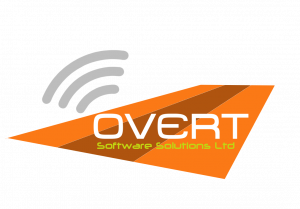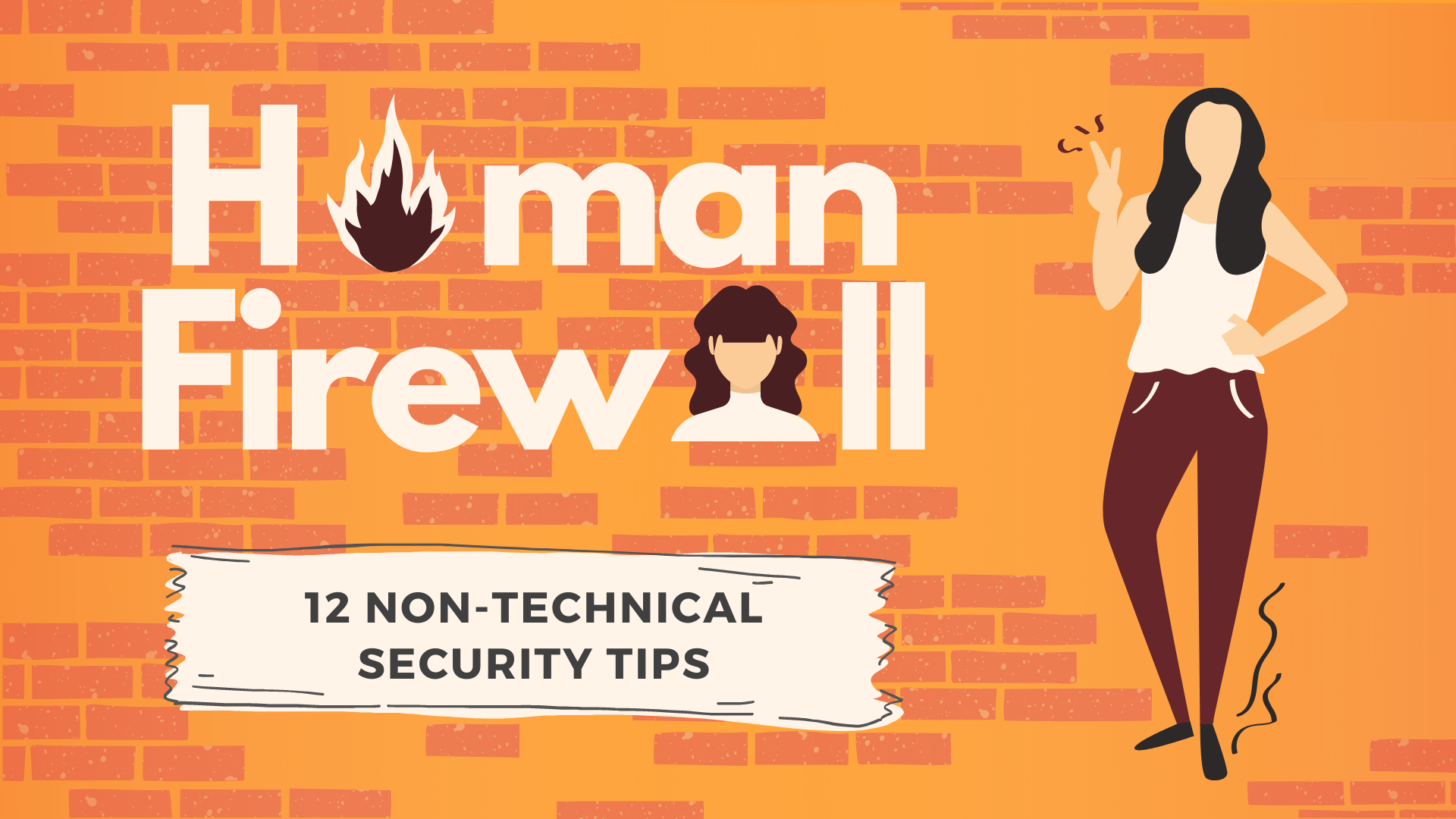In an increasingly digital world, the internet has become an integral part of our educational journey. However, as students, it's essential to navigate this virtual landscape with caution and awareness.
This guide is here to provide you with valuable guidance and information on how to stay safe while engaging in online learning. Whether you're new to remote education or looking to enhance your online safety knowledge, we've compiled essential tips and insights to help you make the most of your digital learning experience while protecting your online well-being.
What does internet safety mean?
In straightforward terms, online safety pertains to the practice of maintaining security while using the internet. It is also commonly referred to as internet safety, e-safety, and cyber safety. This encompasses all devices with internet access, including computers, televisions, laptops, smartphones, and tablets, etc.
Being safe online entails individuals safeguarding themselves and others against potential online dangers and risks that could compromise personal information, result in unsafe interactions, or even impact mental health and well-being.
Navigating the online realm is something most of us do almost instinctively. However, have you ever paused to contemplate the potential hazards that lurk on the world wide web?
The Ofcom report titled 'Children and Parents: Media Use and Attitudes Report 2019’, highlights that young people are more actively engaged online than ever before. The prevalence of smart devices is on the rise, and the range of content they access is continually expanding.

Top 10 internet safety rules & what to do when online
Whether you are on-site campus or studying remotely, internet safety is something everyone must consider when they go online. Here are some resources and tips to help you stay safe while using the Internet.
1. Prioritise safeguarding your personal information
When engaging in online activities, particularly in chat rooms and similar virtual spaces, it is paramount to maintain discretion and be mindful of what you disclose. This extends to various facets of your personal life, including your name, school affiliation, residential address, photographs, credit card details, and any other sensitive information about yourself. It is equally important to protect the privacy of your friends and family by refraining from sharing their personal details without their consent.
Furthermore, exercise prudence when encountering online forms or responding to inquiries on the internet. Be discerning about the information you provide, and remember that you are under no obligation to complete forms or answer questions unless you have a legitimate reason to do so.
Beware of online contests or offers that may appear enticing but could potentially be used as a ploy to extract personal information from you. Stay vigilant and cautious to ensure your online safety and privacy.
2. Remain vigilant regarding the issue of cyberbullying.
In the realm of virtual education, the challenge of addressing cyberbullying is no less significant than in traditional physical school environments. If you find yourself subjected to harassment or mistreatment, whether from fellow students within the virtual school or individuals external to the educational institution, it is crucial to take appropriate action.
In such circumstances, do not hesitate to reach out to a person in a position of authority, such as a teacher, school administrator, or another trusted individual. Reporting instances of cyberbullying is essential to ensure your safety and well-being in the virtual school community, as it allows responsible parties to address the issue and take necessary measures to prevent further harm.
3. Exercise caution when sharing content online to avoid causing harm to others.
When you share information on the internet, it's essential to remember that your posts can be viewed by a wide range of individuals, including your friends, acquaintances, teachers, coworkers, and even potential employers. Once you've posted something online, it can be challenging to completely remove it from public view, as digital footprints can linger.
Additionally, when you participate in newsgroups or use email addresses provided by websites, there's a possibility that these addresses could become accessible to the public, potentially compromising your privacy.
For confidential or sensitive discussions, consider utilising a secure platform like an online school's protected discussion board. This provides a safer environment for sharing and discussing school-related matters while reducing the risk of unintended consequences that may arise from public online interactions.
4. Select for robust password choices.
Passwords pose a significant vulnerability in the realm of cybersecurity. Frequently, individuals opt for passwords that are easily memorable, rendering them susceptible to being cracked by hackers utilising specialised software. Moreover, the practice of using the same password across multiple websites heightens the risk to your data. If hackers gain access to your credentials on one site, they could potentially infiltrate other platforms where you've employed the same login information.
Instead, select robust passwords that are challenging for cybercriminals to decipher. A strong password possesses the following characteristics:
- Lengthy - Comprising a minimum of 12 characters, and preferably even more.
- Diverse - Incorporating a mixture of upper-case and lower-case letters, symbols, and numbers.
- Avoiding Predictability - Abstaining from easily guessable patterns like sequential numbers ("1234") or personal information that someone who knows you might deduce, or that might already be available online, such as your birthdate or a pet's name.
- Avoiding Memorable Keyboard Patterns - Employing a password manager can prove immensely beneficial. Password managers aid users in creating robust passwords, securely storing them in a digital vault (protected by a single master password), and conveniently retrieving them when logging into online accounts.
- Be sure to protect your passwords. Please do not give them to anyone, not even your best friend.
It is imperative to give the utmost priority to safeguarding your passwords and refrain from disclosing them, even to your closest friends.
As an online learner, possessing a sound understanding of internet safety is of paramount importance. Sharing your password, be it with friends or anyone else, carries a substantial risk to the integrity of your schoolwork and online accounts.
Your passwords serve as a critical line of defense against unauthorised access to your online resources and personal information. Even when shared with the best of intentions, such actions can lead to unforeseen consequences. It is essential to maintain the confidentiality of your passwords to ensure the protection of your academic progress and personal data. In this digital age, securing your online presence is a responsibility that empowers you to navigate the virtual realm safely and confidently.
6. Develop proficient Internet skills for safe online navigation
When interacting on the Internet, exercise caution, especially when dealing with emails or pop-up advertisements originating from unfamiliar sources. It is advisable not to open such communications, as they may potentially harbour viruses capable of causing harm to your computer or illicitly acquiring your personal information. Furthermore, exercise prudence when contemplating the download of files from the Internet or the installation of software obtained from obscure or unverified websites.
Maintaining vigilance in these aspects of online activity is essential to safeguarding your digital well-being. It is crucial to protect your computer system and personal data from potential threats, ensuring a secure and smooth online experience. Developing and honing good Internet skills is your key to navigating the online world safely and securely.
7. It is essential to maintain honesty and uphold ethical standards in your academic pursuits
Engaging in unlawful activities such as the distribution of written material, music, art, or any other creative works that are copyrighted by someone else is strictly prohibited. It is crucial to adhere to your school's policies when it comes to citing the sources of information you use in your academic work.
Teachers possess a keen ability to identify instances where phrases or ideas have been borrowed without proper attribution. Some educators also employ specialized software designed to detect plagiarism. Upholding ethical standards in your academic endeavours not only ensures compliance with the law but also fosters a culture of respect for intellectual property rights and promotes the development of your own critical thinking and research skills.
8. Keep in mind the importance of striking a balance between your computer usage and other activities
Incorporating periodic breaks from your schoolwork and computer activities is instrumental in sustaining a wholesome equilibrium in your daily life. When exploring online programmes, it's advisable to inquire about the anticipated time commitment required for computer-based activities on a weekly basis. Many educational programmes offer a diverse range of activities that encompass both online and offline components.
Even if you have a fondness for computer-based activities, it remains crucial to maintain equilibrium by engaging in a variety of other pursuits. This holistic approach not only supports your overall well-being but also fosters a more comprehensive and enriching lifestyle. Balancing computer time with diverse activities contributes to a well-rounded and fulfilling experience in both your academic and personal life.
9. Learn Develop the skill of critically assessing information found on the Internet.
Exercise caution when encountering information online, as not all sources are equally reliable. It is essential to acquire the ability to distinguish between sources of information that lack credibility and those that are considered valid and trustworthy. Allocating time to delve into this matter with your online school can be highly beneficial.
The internet is a vast and diverse repository of information, making it imperative to hone your ability to discern the quality and reliability of the content you encounter. By gaining expertise in evaluating online information, you empower yourself to make informed decisions and draw accurate conclusions, which is a valuable skill in both your academic pursuits and daily life. Collaborating with your online school to enhance your information evaluation skills can contribute significantly to your success as an online learner.
10. Ensure that your software and operating systems are consistently kept up to date.
Software developers are continually striving to enhance the safety of their products by staying vigilant against emerging threats and promptly deploying security patches to address any potential vulnerabilities in their software. By utilising the most recent versions of your operating systems and applications, you position yourself to take advantage of the latest security updates. This practice is of paramount significance, particularly for applications that house sensitive user data, such as those related to payments or health information.
Maintaining up-to-date software and operating systems not only ensures the security of your digital assets but also provides you with a proactive defence against potential cyber threats. It is a prudent step in safeguarding your personal information and maintaining the integrity of your digital activities, thereby promoting a secure and protected online experience.

Let's make sure we stay safe online.
In conclusion, as we navigate the ever-evolving landscape of online security, it's crucial to recognise that our Internet security needs are continually changing. The rapid advancements in malware sophistication make detection increasingly challenging, and cyber threats are constantly evolving to adapt to new technologies. As our reliance on mobile devices for work and education grows, we must remain vigilant, as these platforms are becoming prime targets for cyberattacks alongside traditional PCs.
To safeguard our devices and protect our sensitive data, we should adhere to some fundamental principles. The use of robust, unique passwords for each account, coupled with regular password changes, is an essential first step. Avoiding password reuse across multiple accounts is equally crucial to prevent the domino effect of a single breach compromising multiple aspects of your digital life.
To create a robust cybersecurity shield, it's essential to remember that technical security measures are just one aspect. Equally vital is the implementation and maintenance of an effective human firewall, which encompasses a set of practices followed by individuals within an organization to uphold security. A human firewall is a collection of practices that members of an organisation follow to maintain security. To learn more, click the orange button below.
Staying informed, practicing good password hygiene, and proactively adapting our security measures are all critical steps in navigating the digital world with confidence and effectively safeguarding our online presence.

